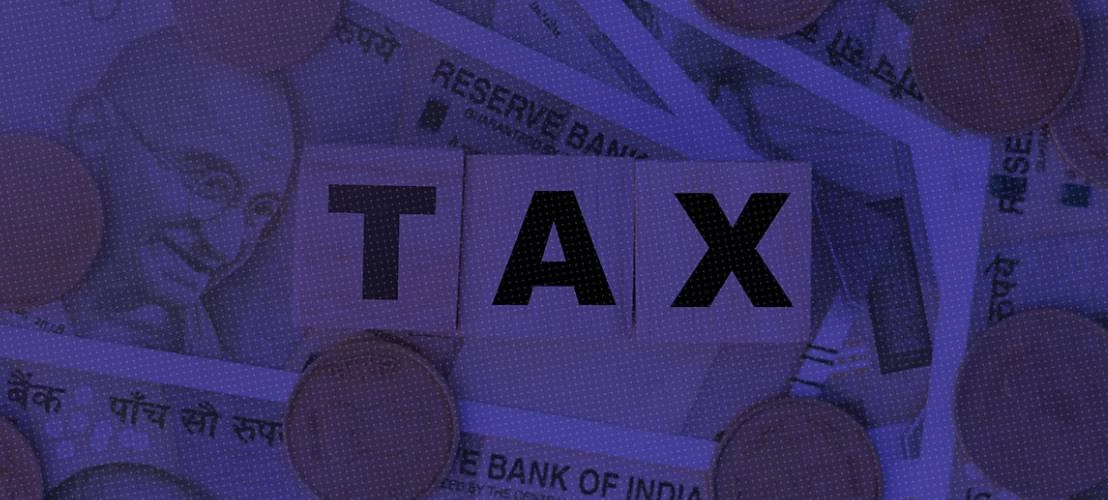The CESTAT New Delhi has held that classification of goods by the importer, even if the same is not in conformity with re-assessment by the proper officer or even if it is held to be not correct in any appellate proceedings, does not render goods liable to confiscation under Section 111(m) of the Customs Act, 1962.
The Tribunal in this regard was of the view that it would lead to absurd results if Section 111(m) is read to mean that goods can be confiscated if classification of the goods and the exemption notification claimed by the importer self-assessing the duty under Section 17 do not match with what the proper officer may apply after re-assessment or later.
It noted that the importer self-assessing the goods must apply his mind when classifying the goods and not predict the mind of the proper officer.
It was further held that goods cannot be reclassified based on the exemption notification issued under Section 25 or on the basis of any policy of any Ministry.
The Tribunal in Vivo Mobile India Pvt. Ltd. v. Principal Commissioner also observed that notifications or policies can be issued, modified or withdrawn but the classification of the goods under the tariff will remain the same, and that only if the tariff itself is amended can the classification change.







